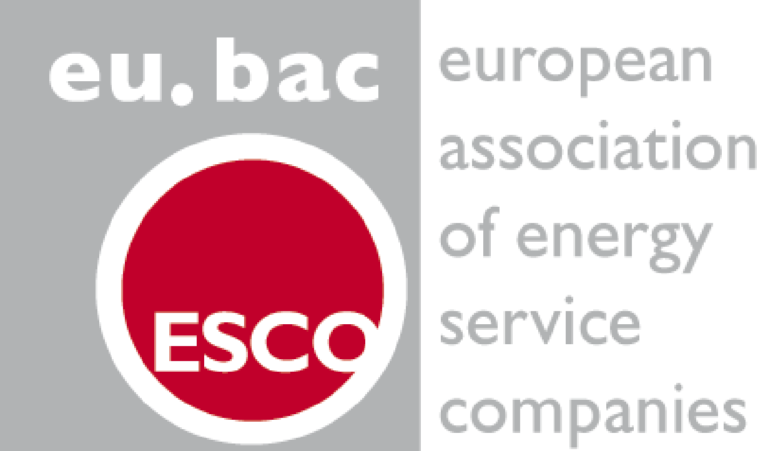eu.esco Press Release: Results of EU survey on Eurostat guidance note “The impact of Energy Performance Contracts on government accounts”
Results of EU survey on Eurostat guidance note “The impact of Energy Performance Contracts on government accounts”[1] show that Eurostat rules on public debt and deficit have a negative impact on investments in energy efficiency in public sector in several EU Member States.
The European Association of Energy Service Companies (eu.esco) and the European Federation of Intelligent Energy Efficiency Services (EFIEES), in their role as voluntary European co-administrators of the European Code of Conduct for Energy Performance Contracting (EPC)[2], decided together with the National Code Administrators[3] to carry out an EU survey on Eurostat guidance note “The impact of Energy Performance Contracting on government accounts” between 2nd November 2015 and 15th January 2016. The aim of the EU survey was to measure the impact of Eurostat rules on public debt and deficit on EPC offered by private EPC providers to public sector in Europe in the context of the guidance note by Eurostat mentioned above.
EU survey respondents from ten Member States: Austria, Belgium, Bulgaria, Ireland, Portugal, Romania, Slovakia, Slovenia, Spain and Sweden strongly agreed that the Eurostat guidance note from 7th August 2015 had a negative impact on public EPC markets in their respective countries.
“The results of the EU survey on Eurostat guidance note “The impact of EnergyPerformance Contracting on government accounts” are a strong evidence confirming that Eurostat rules on public debt and deficit described in the guidance note are a serious obstacle to the development of public EPC markets in several Member States.”, said Volker Dragon, Chairman of the European Association of Energy Service Companies (eu.esco).
”Eurostat rules on public debt and deficit represent a regulatory obstacle to contracting and investing in energy efficiency in the public sector. An EU-level action is therefore needed to address this issue, in line with Article 19, Energy Efficiency Directive (2012/27/EU)”, said Valérie Plainemaison, Secretary General of the European Federation of Intelligent Energy Efficiency Services (EFIEES).
In total, 33 respondents representing 29 organisations from 15 EU Member States i.e. Austria, Belgium, Bulgaria, Croatia, the Czech Republic, Germany, Hungary, Ireland, Italy, Portugal, Romania, Slovakia, Slovenia, Spain, Sweden and one non-EU country i.e. Norway answered the questionnaire. For 10 out of 16 countries covered by the survey, the National Administrators of the European Code of Conduct for EPC have responded to the survey i.e. Belgium, the Czech Republic, Germany, Italy, Portugal, Romania, Slovakia, Slovenia, Spain and Norway.
[1] http://ec.europa.eu/eurostat/documents/1015035/6934993/EUROSTAT-Guidance-Note-on-Energy-Performance-Contracts-August-2015.pdf/dc5255f7-a5b8-42e5-bc5d-887dbf9434c9
[2] The European Code of Conduct for EPC is available on Transparense project’s website: www.transparense.eu
[3] http://euesco.org/european-code-of-conduct-for-epc/national-code-administrators/index.html
